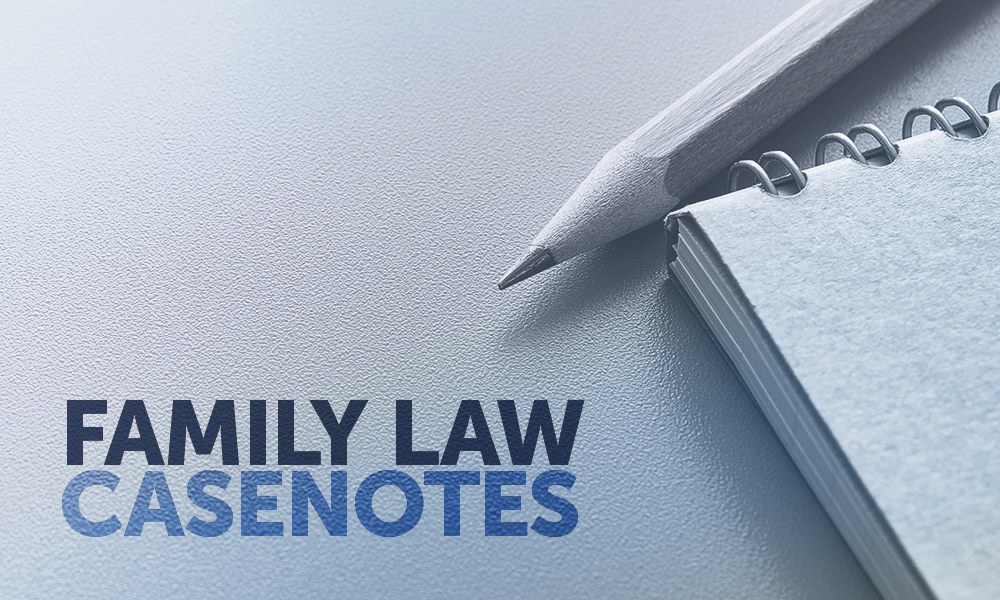In E Pty Ltd and Ors & Zunino and Anor [2020] FamCAFC 216 (1 September 2020) the Full Court (Ainslie-Wallace, Ryan & Tree JJ) heard a case where a wife had named three companies as respondents, of which the husband was a former director.
The wife sought declarations that each entity held real estate on trust for her; each company having sought orders for disjoinder.
The Full Court said (from [13]):
“The [corporate] appellants carefully established that although the husband had been a director of the entities … he had never had explicit legal title to the entities. Senior counsel for the wife … explained that … the husband was the controlling mind and the entities his alter ego … To this end, the wife pointed to a raft of ‘uncommercial’ transactions and what she said were the spouse party’s more or less exclusive use of the subject properties. (…)
[18] In deciding against the appellants, the primary judge took into account the circumstantial nature of the wife’s case … [I]t is tolerably clear that his Honour thought … the wife’s case appeared weak … but … he was not satisfied that she had no reasonable likelihood of establishing that the husband exercises effective control over the entities as his alter ego (…)
[24] We … agree with the primary judge that as the appellants ‘may’ be directly affected by the wife’s case raised against them … they are necessary parties (r6.02) … Plainly … the appellants ‘may’ be deprived of their beneficial ownership of valuable property…
[25] His Honour’s decision to reject the appellants’ application to be removed as parties was correct… ”
Robert Glade-Wright is the founder and senior editor of The Family Law Book, a one-volume loose-leaf and online family law service (thefamilylawbook.com.au). He is assisted by Queensland lawyer Craig Nicol, who is a QLS Accredited Specialist (family law).








Share this article